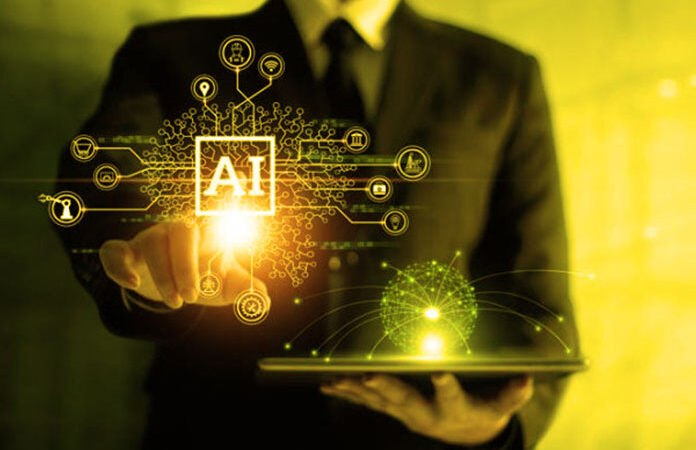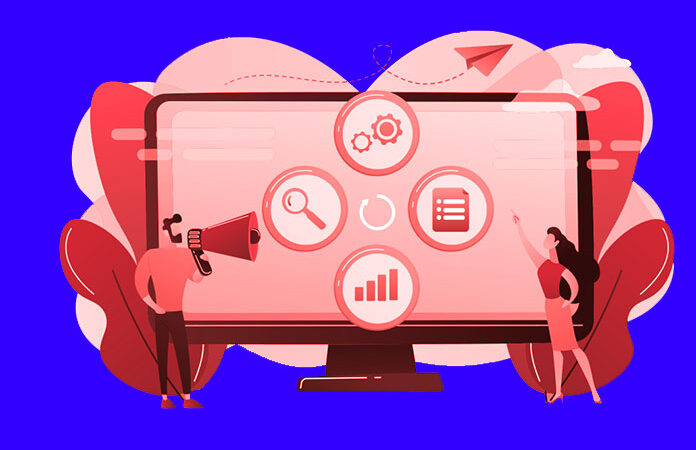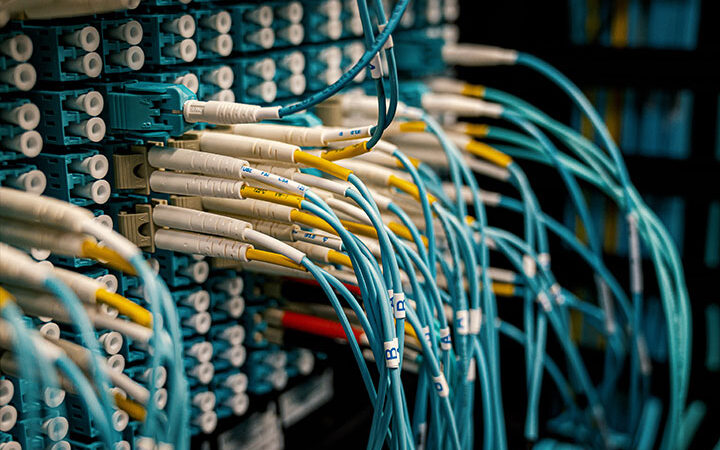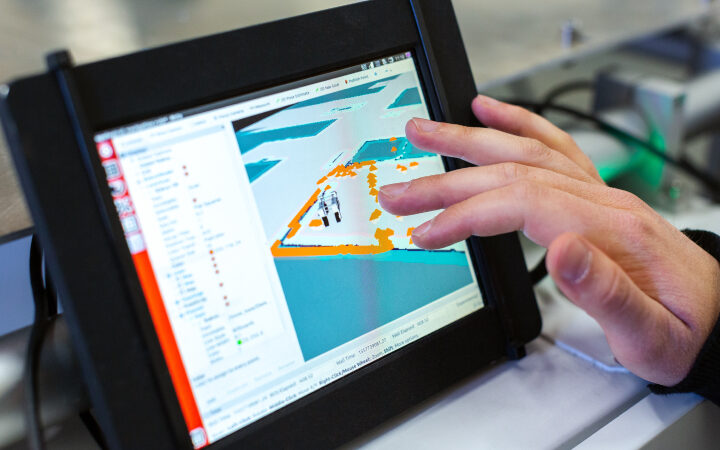How Artificial Intelligence is Affecting Cyber Security

Artificial intelligence is changing the landscape of cyber security as we know it. While some people are worried about the implications of artificial intelligence on cyber security, others believe that it can only help to make our networks more secure. Regardless of which side you fall on, it’s important to understand how artificial intelligence is changing the way we think about cyber security and the steps we need to take to protect ourselves from hackers. In this blog post, we will explore how artificial intelligence is being used in cyber security and what the future of this technology looks like.
Table of Contents
What is artificial intelligence and how does it work?
– artificial intelligence applications are getting more and more advanced. They can now think like humans, recognize speech or even see like us. Some people fear that artificial intelligence will take over the world but despite the fact that artificial intelligence is a very powerful thing it has to be properly used in order for it to benefit mankind.
– artificial intelligence’s main goal is to learn from its environment and act appropriately in specific situations. It can identify patterns and use them for predictions about future events. Artificial Intelligence allows machines to work on their own without human supervision as long as there’s enough data stored inside of them so they know what actions should be taken when certain conditions occur (if x then y).
Particular applications of artificial intelligence include expert systems, speech recognition, and machine vision.
Artificial Intelligence means a lot more than robots that can play chess with humans; it means several things such as voice activation on a mobile device, facial recognition on Facebook, etc. It also means algorithms in which companies build bots to combat cyber attacks but how does this affect cyber security? What are the pros and cons? In simple words “AI” is basically technology trying to take our world over and cyber security is the method we use to protect our world from this takeover.
How is artificial intelligence being used in cyber security and what benefits does it offer?
-Artificial intelligence is being used more and more in cyber security to help protect networks from attacks.
-It can help identify threats that human analysts may not be able to see, and can help stop attacks before they happen.
-The benefits of using artificial intelligence in cyber security include improved network security, faster response time to threats, and reduced costs.
Are there any risks associated with using artificial intelligence in cyber security, and if so, what are they?
The potential of artificial intelligence is exciting, but what are its vulnerabilities? How can artificial intelligence be used against us by hackers and attackers? These questions need to be answered before we completely rely on AI for our cyber security. In this article, we’ll explore the differences between artificial intelligence and machine learning as well as how artificial intelligence affects cyber security. We’ll also discuss some of the risks that may come from increased reliance on artificial intelligence for our cyber security needs.
How can businesses make sure that their data is safe from cyber-attacks, even with the use of artificial intelligence?
There are several ways to ensure that data is protected from cyber-attacks. One of the most effective methods is to use encryption, where data is scrambled and made unreadable until it reaches its intended destination. This ensures that even if hackers manage to intercept the data during transmission, they won’t be able to read or make sense of it. Another method involves using complex passwords for all accounts as well as biometric authentication such as fingerprints or iris scans when logging into a device. This makes it extremely difficult for hackers to access devices remotely since their unique physical features must first match those of the rightful owner before being granted entry into an account or system. Businesses can also install firewalls on their networks in order to block unauthorized traffic from reaching their systems. They can also use additional security measures such as using antivirus software, monitoring network traffic, and protecting devices.
What trends can we expect to see in relation to artificial intelligence and cyber security in the future?
Artificial intelligence and cyber security will be more closely linked in the future as hackers become increasingly sophisticated. With advanced technology, they will have new tools at their disposal to penetrate even highly-secure systems and networks. This means that businesses need to take a proactive approach by using artificial intelligence themselves in order to combat these threats before they occur or else risk losing valuable data which could potentially lead them into bankruptcy if stolen by hackers who want it sold online for a profit.
Some of the trends we’re likely going to see involve an increase in cyberattacks on IoT devices such as smart TVs, cars, and appliances; malware being used for purposes other than just stealing confidential information like credit card numbers (e.g., ransomware attacks where files are locked until a ransom is paid); and artificial intelligence being used to automate the process of hacking (known as “automated machine learning”) in order to speed up the process and make it more difficult for defenders to keep track of all the possible attack vectors.
Also Read : 7 Types of Cyber Security Threats and How to Protect Against Them






